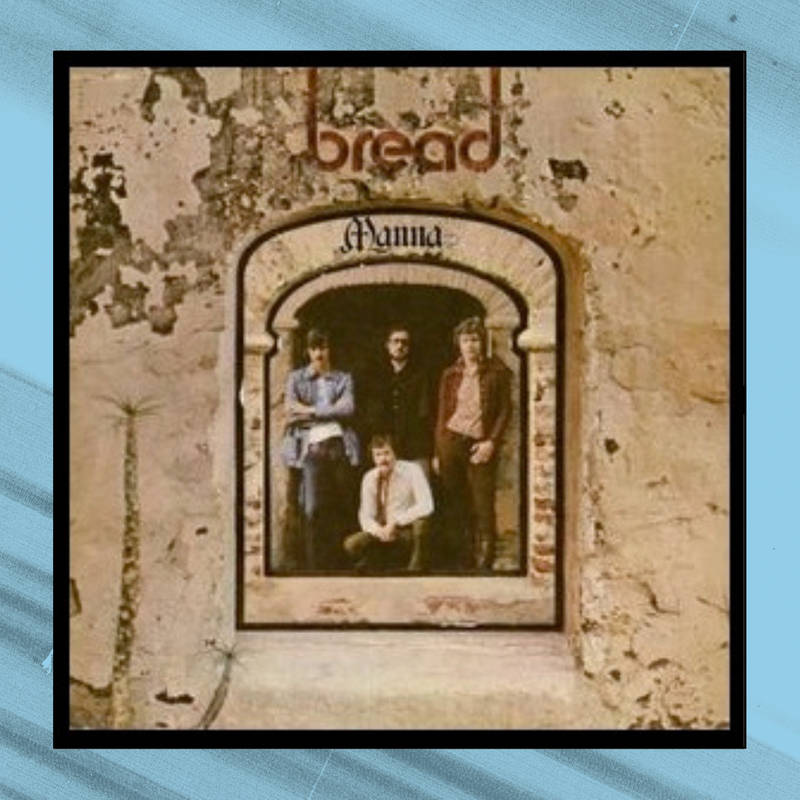
Bread Package
What's included
- All tab
- Chords
- Chart
- Guitar pro files
$24.99
Full Lifetime Access to this package
In the early 1970s there were not many bands that had the level of consistently great songwriting that Bread had, mostly due to the creativity of Oklahoma-born guitarist David Gates. His delicate guitar arrangements combined with beautiful melodies and finely crafted lyrics painted wonderful pictures on our musical landscape. This set of songs covers 7 of his best-known ballads-
1. Guitar Man
2. Aubrey
3. Everything I Own
4. Diary
5. If
6. Baby I'm-A Want You
7. Make It With You
Lessons
Lesson 1: Guitar Man - Guitar Lesson
Most of David Gates’ songs include nice fingerpicking. *Guitar Man*is one of his few tunes that is a simple strumming song. It was the title song of their Bread’s 1972 album and includes some of his signature chord progressions, but is one of his easiest songs to play and sing.Lesson 2: Aubrey - Guitar lesson
*Aubrey* was on Bread's 1972 album, Guitar Man, and is another in the classic fingerstyle tradition of many other David Gates' songs. This of course includes his angelic vocals and melodies. The picking is mostly arpeggios with a descending bass line moving through the changes.
Lesson 3: Everything I Own - Guitar Lesson
*Everything I Own*was a hit for Bread in 1972, and is another one in a string of beautiful, touching songs from the pen of David Gates. The original was done with a capo at the 7^th fret but most of the lesson is done open. It covers the picking in both the verse and bridge, as well as the strumming in the chorus. This song has been one of our most requested for quite a while.Lesson 4: Diary - Guitar Lesson
*Diary*, another classic by David Gates, came out in 1972 and was just one of many great songs on Bread’s album Baby I’m-a Want You. The song features delicate fingerpicking using a few different arpeggio patterns, as well as a few unusual chord fingerings and inversions. Most of them are not too difficult and the challenge in this song is to make it flow smoothly and seamlessly.Lesson 5: If - Bread - Guitar Lesson
David Gates penned some great tunes in the early 1970s for his band Bread. *If *is an example of his command of simple, but extended chord progressions that back up a memorable melody with touching lyrics, all the ingredients for a great song.
This lesson shows the arpeggios he played but also includes segments on theory where you are challenged to analyze the chords as far as their names. If you want to take this harmony challenge do not print out the chord chart but just start with the tab.
Then work on figuring out the names of the chords yourself. All the answers are included, as well as how to play the song in its entirety.Lesson 6: Baby I'm-A Want You
Baby I'm-A Want You is a song by American soft rock band Bread. It was released as a single in 1971 and became the title track for the album of the same name (1972).
The lesson takes a look at the many chords and shapes in the (relative) key of A, and elaborates on the strumming when going through the progression and arrangement.
Keep in mind that the guitar is tuned down a half step (Eb-Ab-Db-Gb- Bb-Eb), as is the case on the original recording. During some performances though the band would play it in standard tuning, with frontman David Gates using the same shapes.
Lesson 7: Make It With You
Make It With You is a song written by David Gates, and originally recorded by the American band Bread, of which Gates was a member.
It appears on their 1970 studio album 'On The Waters' and became Bread's only No. 1 hit on the Billboard Hot 100 chart.
This lesson is primarily based on how Gates himself plays it on guitar. It's done in the key of E, and uses several colourful chords, which we break down in great detail. We also take a look at this riff played by the other instruments throughout the arrangement, for the ones who'd like to incorporate it.
The strumming in double time is somewhat straightforward, but features quite a bit of syncopation.
There is also a segment in which we talk a little bit about the names of the chords. Some are very long, but aren't necessarily hard to play.